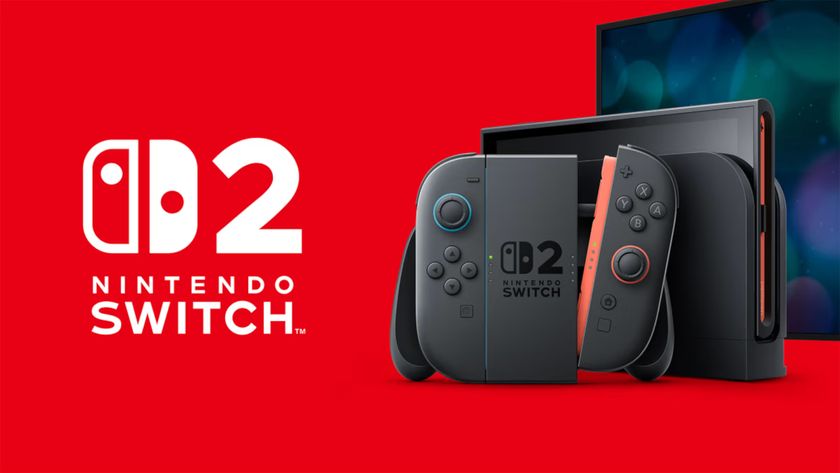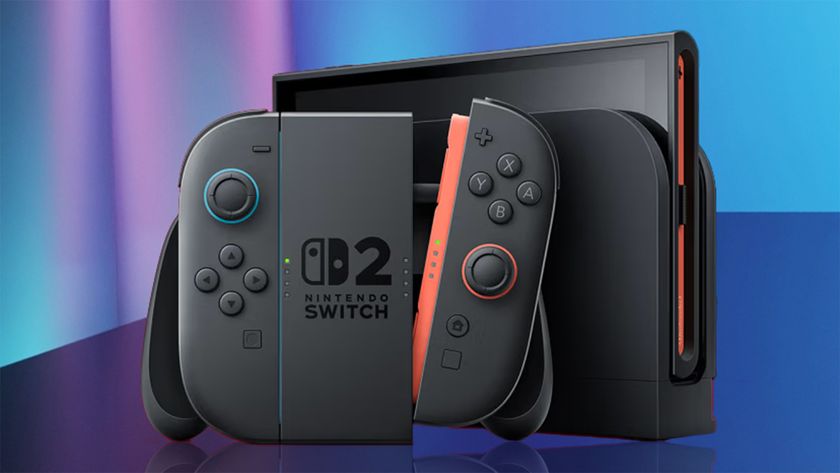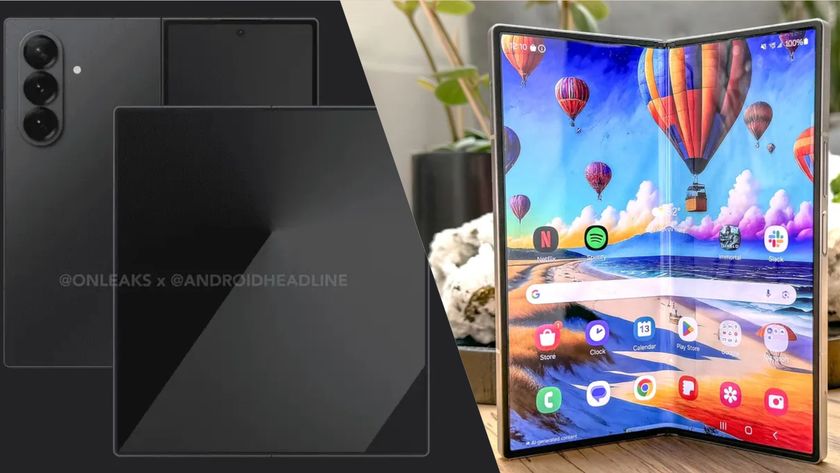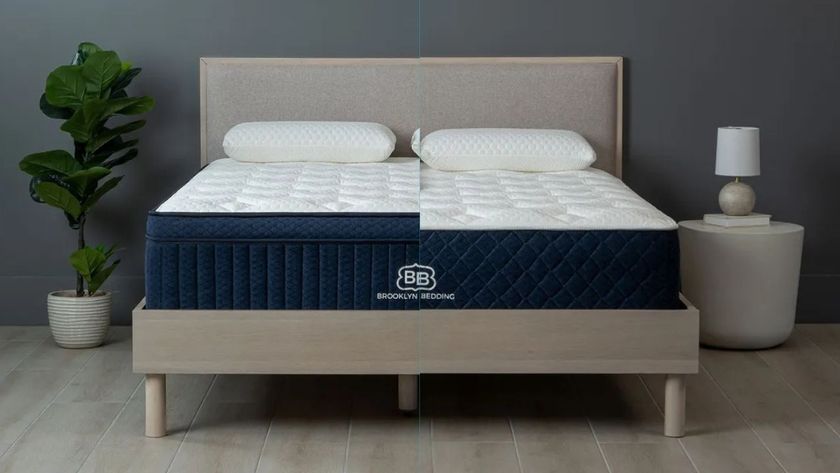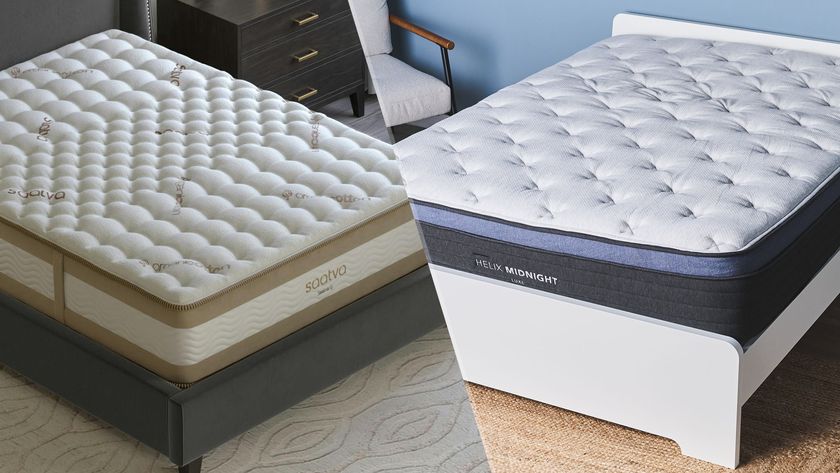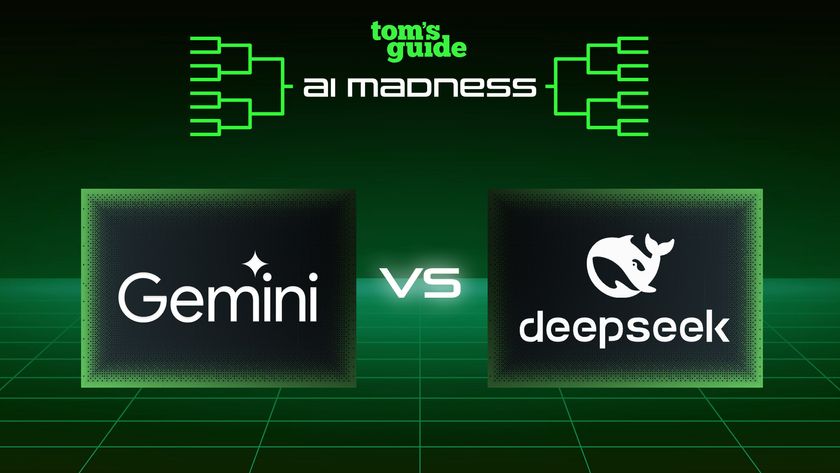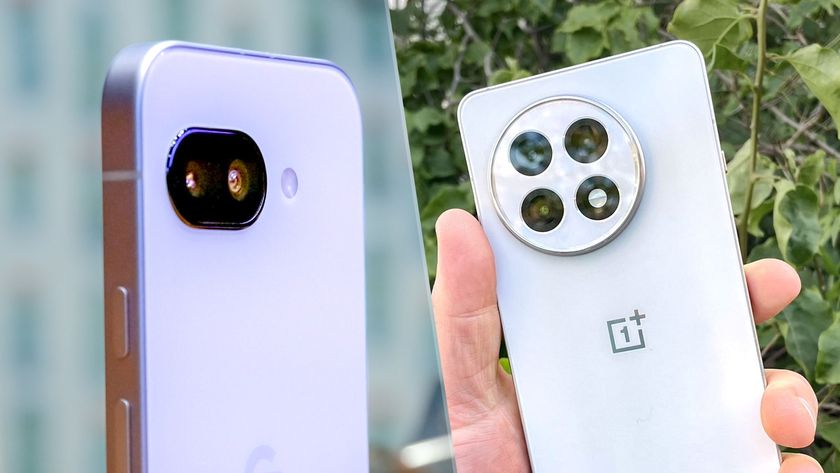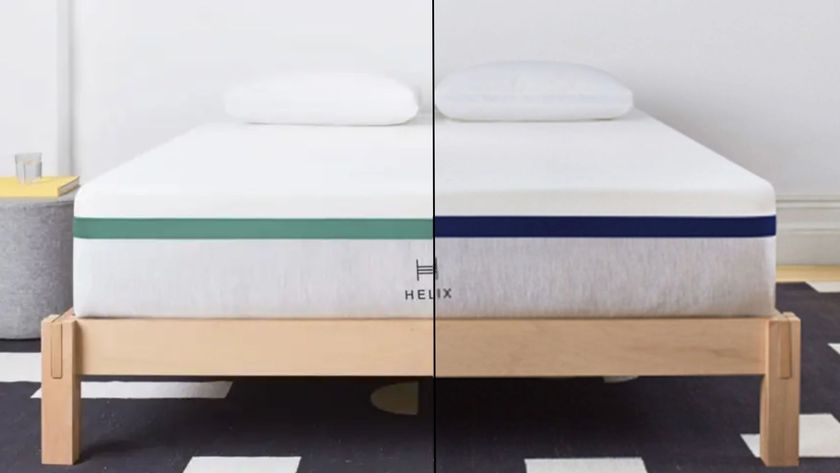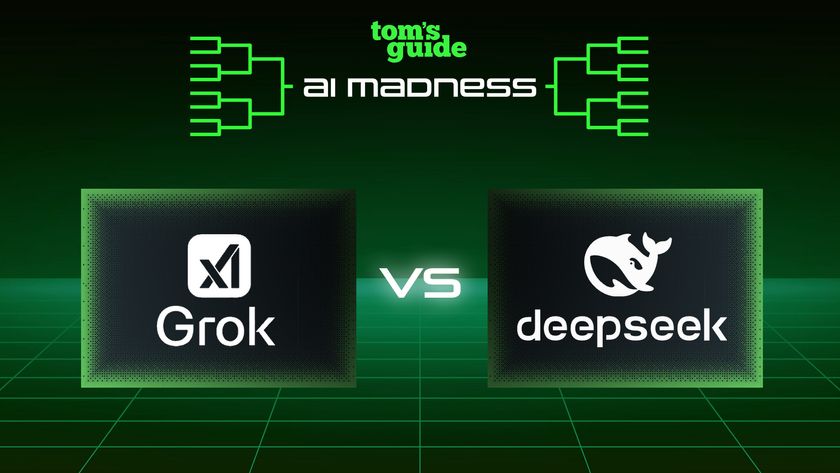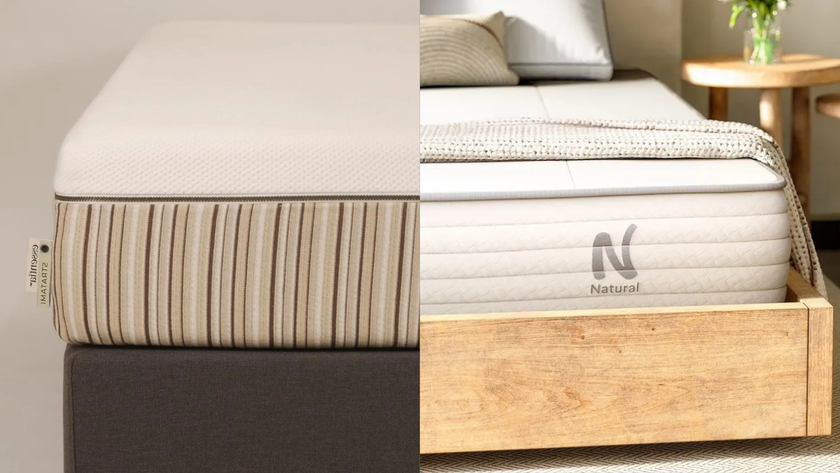SNES Classic vs. NES Classic: Which Retro Console Is For You?
The SNES Classic Edition and NES Clasic Edition both celebrate Nintendo's greatest classic games, but which one is better for you?
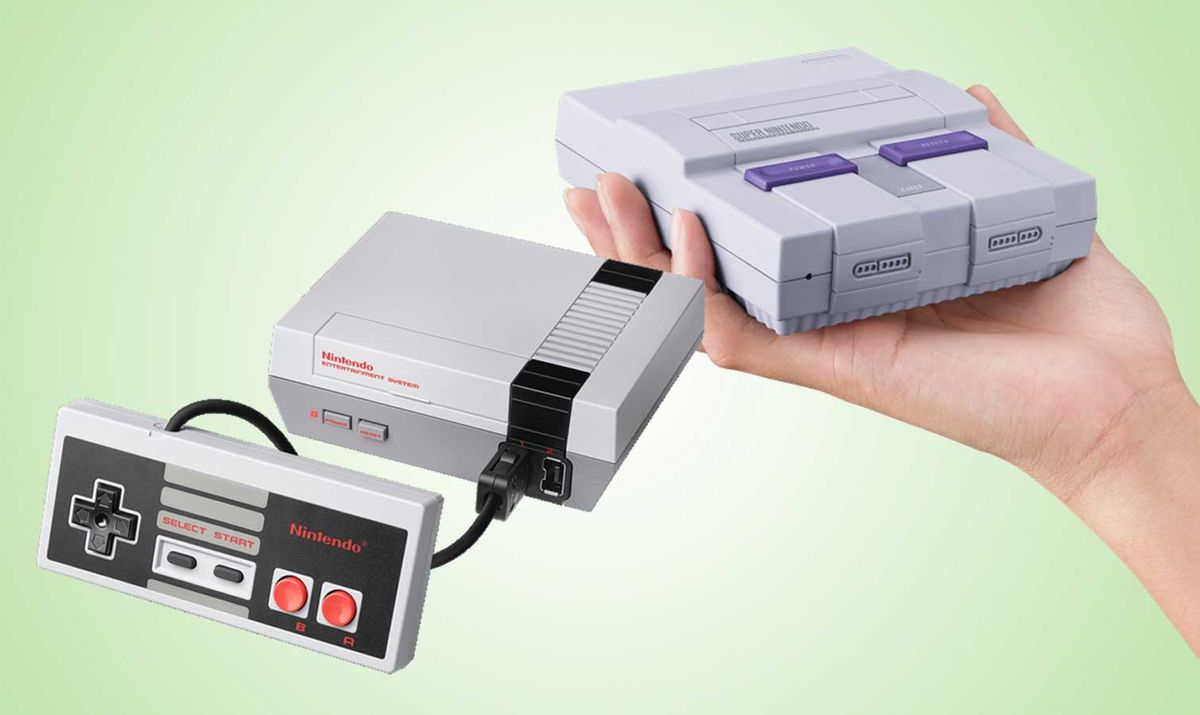
Nintendo's coveted SNES Classic Edition is launching very soon, and its previous mini retro console, the NES Classic Edition, is coming back next year after months of selling out.

So which one should you get? We're glad you asked.
What's a NES? What's a SNES?
The NES, or Nintendo Entertainment System, was Nintendo's first home console, which launched in 1985. The SNES, or Super Nintendo Entertainment System, released in 1990 with improved graphics.
The Classic Editions are miniaturized versions of these systems, each with a set number of pre-installed games that you can't add to.
Which has better games?
Ah, the most important question. The NES Classic Edition includes 30 games, (you can find the full list here) including Super Mario Bros., Castlevania, Metroid, and The Legend of Zelda. The SNES Classic Edition has 21 games, (full list here), with heavy hitters like Earthbound, Super Metroid, Super Mario RPG: Legend of the Seven Stars, The Legend of Zelda: A Link to the Past and the previously unreleased Star Fox 2.
NES Classic
- Balloon Fight
- Bubble Bobble
- Castlevania
- Castlevania II: Simon's Quest
- Donkey Kong
- Donkey Kong Jr.
- Double Dragon II: The Revenge
- Dr. Mario
- Excitebike
- Final Fantasy
- Galaga
- Ghosts 'N Goblins
- Gradius
- Ice Climber
- Kid Icarus
- Kirby's Adventure
- Mario Bros.
- Mega Man 2
- Metroid
- Ninja Gaiden
- Pac-Man
- Punch-Out!! Featuring Mr. Dream
- StarTropics
- Super C
- Super Mario Bros.
- Super Mario Bros. 2
- Tecmo Bowl
- The Legend of Zelda, Zelda II: The Adventures of Lin
SNES Classic
- Contra III: The Alien Wars
- Donkey Kong Country
- Earthbound
- Final Fantasy VI
- F-Zero
- Kirby's Dream Course
- Kirby Super Star
- The Legend of Zelda: A Link to the Past
- Mega Man X
- Secret of Mana
- Star Fox
- Star Fox 2
- Street Fighter II Turbo: Hyper Fighting
- Super Castlevania IV
- Super Ghouls 'n Ghosts
- Super Mario Kart
- Super Mario RPG: Legend of the Seven Stars
- Super Mario World
- Super Mario World 2: Yoshi's Island
- Super Metroid
- Super Punch-Out!!
While it's a matter of personal preference, I think it's an easy choice: the SNES Classic Edition has a stronger collection of games that will keep you playing for hundreds of hours on end.
What about multiplayer?
Both systems support multiplayer for applicable titles, but the SNES Classic Edition sure makes it easier. That system comes with two controllers in the box, so you're ready to plug and play with a friend right away. The NES Classic only includes one controller, so you'll have to dig out (or buy) a Classic Controller or Classic Controller Pro from your Wii U to be the second player.
How much do they cost?
The NES Classic wins on cost. It's just $60, while the SNES Classic Edition is $80. But with the SNES Classic, you're getting a second controller and better games, so you might consider it a better value overall.
So which one should I get?
If you have to pick one, get the SNES Classic Edition. You're going to get fewer games, but they're a better collection overall. The package includes a second controller for some throwback multiplayer experiences, and you'll get to play Star Fox 2 for the first time ever.
That being said, each is a monument to a separate part of Nintendo's (and gaming's) history, and if you can afford both, you'll have miniature testaments to some of the best classic games ever. That is, if you can find either of them in stores. Nintendo hasn't had a great track record with that so far.
Sign up to get the BEST of Tom's Guide direct to your inbox.
Get instant access to breaking news, the hottest reviews, great deals and helpful tips.
Andrew E. Freedman is an editor at Tom's Hardware focusing on laptops, desktops and gaming as well as keeping up with the latest news. He holds a M.S. in Journalism (Digital Media) from Columbia University. A lover of all things gaming and tech, his previous work has shown up in Kotaku, PCMag, Complex, Tom's Guide and Laptop Mag among others.

